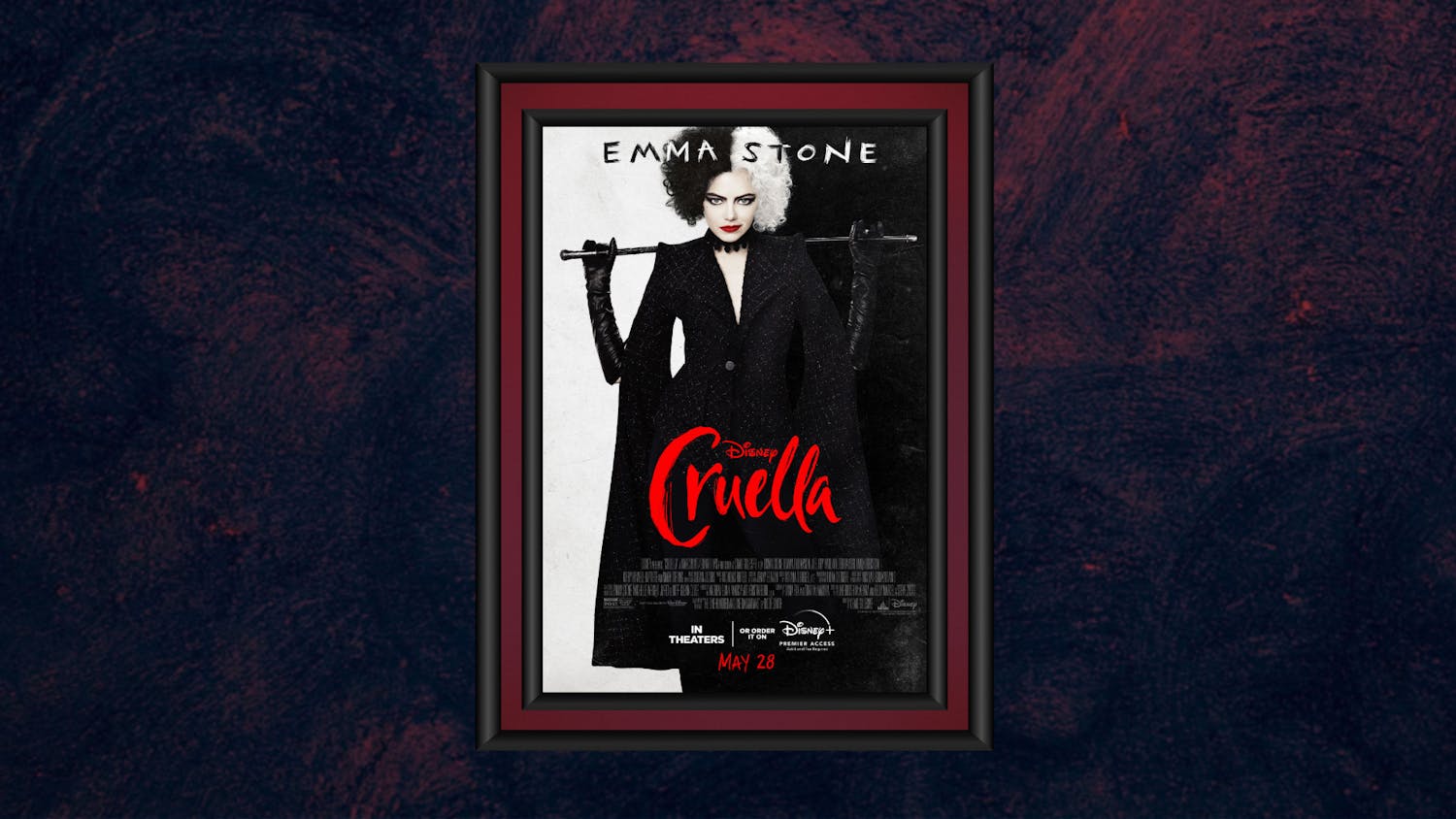Disney’s “Maleficent” is so many things at once. It is a beautiful fairy tale. It is visually stunning. It is overdone. It is messy.
And it contains one of the best performances so far this year by one of the most recognizable figures in Hollywood.
If I sound conflicted, it is because “Maleficent” is a conflicted film. Disney’s latest movie attempts to retell the classic “Sleeping Beauty” story through the eyes of the villainess Maleficent — and for the most part, the story is forgettable.
Overproduced CGI battles, a bombastic score and a lack of consistent directorial vision throughout the movie make “Maleficent” much less than what it could have been.
There is such a contrast between the first 30 minutes and the rest of the film that I’m convinced director Robert Stromberg had a stroke midway through production.
What a waste, too, because the first half-hour convinced me that Disney had achieved the unique: a summer blockbuster that feels like an original and artful piece of filmmaking. Instead we get a mess of different ideas and tones that contrast and fight with one another.
Contained within all of this mess, however, is a performance of almost elemental power and beauty. Angelina Jolie is absolutely dazzling as the titular villainess. Sporting cheekbones that you could cut yourself on, stunning emerald eyes and ruby lips, Jolie exudes an aura of mystical and dangerous femininity.
This might have been a distraction from an inferior actress — Jolie is exalted by it. She wears her horns like a crown. I cannot recall a more spellbinding performance in a Hollywood fantasy.
The way she uses her silences mesmerize and make the audience lean forward in their seats, catching her every word and movement. She is so good that the movie’s few scenes without her feel empty and pointless.
Her real power moment, however, comes not from casting a spell but from genuine hurt and anger in the most disturbing scene I’ve ever seen in a Disney movie, maybe in Hollywood fairy tales overall.
Feminism is a strong theme in this movie, continuing “Frozen”’s message that love and trust between two women is just as important as love from a man.
The character who Maleficent can most closely be compared to is the ice queen, Elsa, who was similarly betrayed and isolated. Elsa also doesn’t end up with a man and finds similar plot momentum and satisfaction in the love of another woman.
This movie advances the feminist message even more: dispelling that popular Hollywood trope of the old, bitter harpy feeling jealousy and rage toward the younger and more beautiful woman. Disney deserves applause for attempting to bring feminism to the younger generation in “Brave,” “Frozen” and now, “Maleficent.”
For all of Maleficent’s flaws — and there are quite a few — it was a also a singularly powerful and sometimes artful piece of entertainment. Jolie is so good in this role she makes the movie’s problems seem like minor missteps instead of deal breakers, and the ending will leave audiences very satisfied.
I give it three-and-a-half out of five stars.
[A version of this story ran on page 8 on 6/5/2014 under the headline "‘Maleficent’ isn’t movie magic, but Jolie’s performance enchants"]





